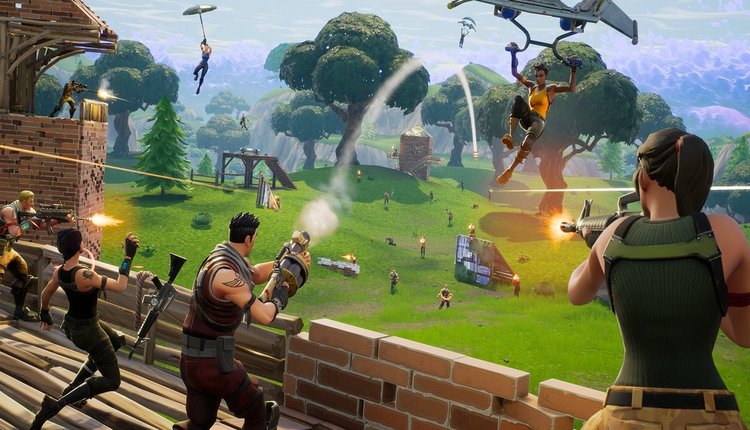The Future of Gaming: VR, Pokémon Go and Microtransactions
Gaming is a multi-billion dollar industry. Most households contain some sort of console or gaming device. When people think of gaming they think Xbox, PlayStation and Nintendo but gaming is moving away from consoles. Where’s it moving? Your pocket.
The success of Candy Crush Saga has taken mobile gaming to a new level, a more portable, more affordable level. The Oculus headset gave birth to a Virtual Reality boom. Augmented Reality exploded thanks to Pokemon Go. And now microtransactions effect nearly every aspect of gaming.
Virtual Reality
Virtual reality became a household option for people who could afford it when the Oculus headset came to market in March 2016. The rift offered a way for gamers to experience their games on a new level and in a new way. PlayStation followed by releasing their own VR headsets. Since the success of these headsets Samsung and Google have gone to market with cheaper alternatives.
How close are we to fully immersive gaming? Well, we have it already. A company called THE VOID has created a fully immersive experience. They call it hyper reality. So how do you experience this hyper reality? Unfortunately, there is no way for you to experience this in your own home just yet, to feel hyper reality you have to visit one of THE VOID’s 9 location ranging from the USA to London and Dubai.
Mobile Gaming
Gaming on your phone? Who would have thought it? 62% of phone owners install a game within a week of getting a new phone. In 2017 mobile gaming revenue was $40.6 billion. Pokemon Go is the biggest success story when it comes to mobile gaming. Pokemon Go combined augmented reality with mobile gaming. Augmented reality is combining the real world with the virtual. Over 20 million people logged on to Pokemon Go on a daily basis.
The popularity of mobile gaming erupted with Candy Crush Saga, which at it’s most popular was making $600,000 a day. Micro transactions is what mobile gaming is about. These games thrive on microtransactions. With them players can buy in-game currency with real life money to unlock certain levels and in-game items which help you in game.
Microtransactions
With the success of mobile gaming, console game developers have caught up with microtransactions. Call Of Duty and FIFA have exploited microtransactions. EA made $1.3 billion on additional downloadable content in 2016 alone*. $650 million of this came from FIFA Ultimate Team. Ultimate Team is fully based around microtransactions. Players build their own club by opening packs to gain different players which they can then sell for in-game coins.
*Figures are currently unavailable for 2017.
There have been cases of teenagers, spending a ridiculous amount of money on ultimate team packs. Opening packs is essentially gambling. The FIFA community have been known to complain, saying that it’s “Pay to win”. However, isn’t that the nature of football? EA can just say don’t Manchester United and Manchester City spend more then anyone else and win?
But FIFA isn’t real life football. Its children, teenagers, and adults playing to relax and enjoy playing a game to experience this footballing world on their own terms. Unless someone steps in to regulate microtransactions they will continue to exploit the community who play these company’s games . Allowing this “Pay to win” mentality could ultimately ruin Ultimate Team.

Changes in Microtransactions
Fortnite changed the game. Giving gamers a game for free. Genius. Fortnite did just that. Players were given this game with cartoonish graphics and enjoyable game play for nothing. The clever part was scattering in microtransactions, with the season and battle pass. There is no “Pay to win” in Fortnite, it does enhance the game, but it’s not necessary.
People loved the game. This proved that game developers can use their own skill to produce something that the gaming community will enjoy. With or without microtransactions. Asking gamers to pay more money after spending an average of €70 on a game is wrong. Fortnite did it a different way, A successful way, So successful that it is now the most popular game on Twitch. Will the bigger game developers join in giving away games for free? With a huge profit for EA you cant see them changing anytime soon.

